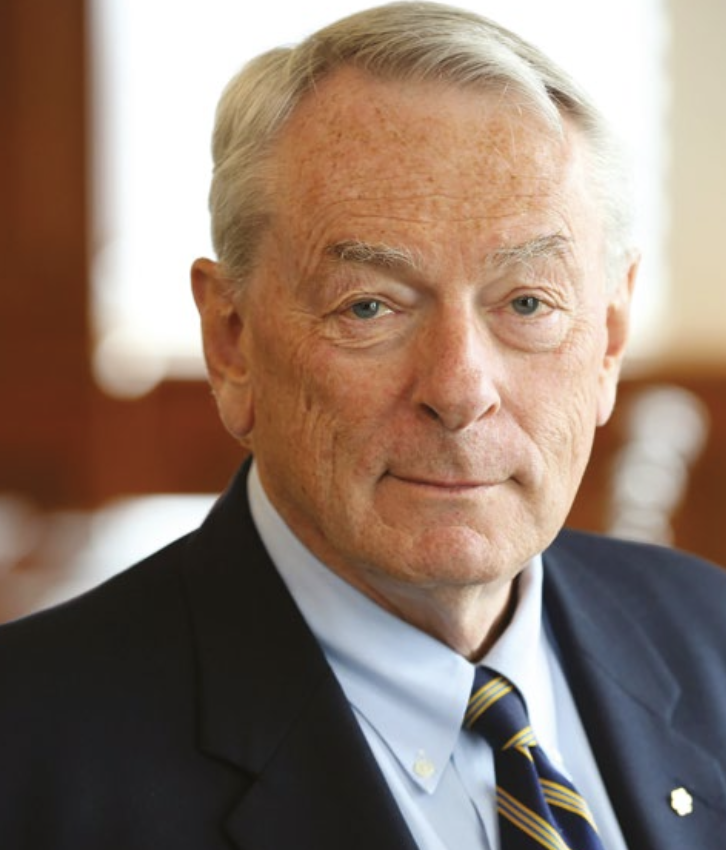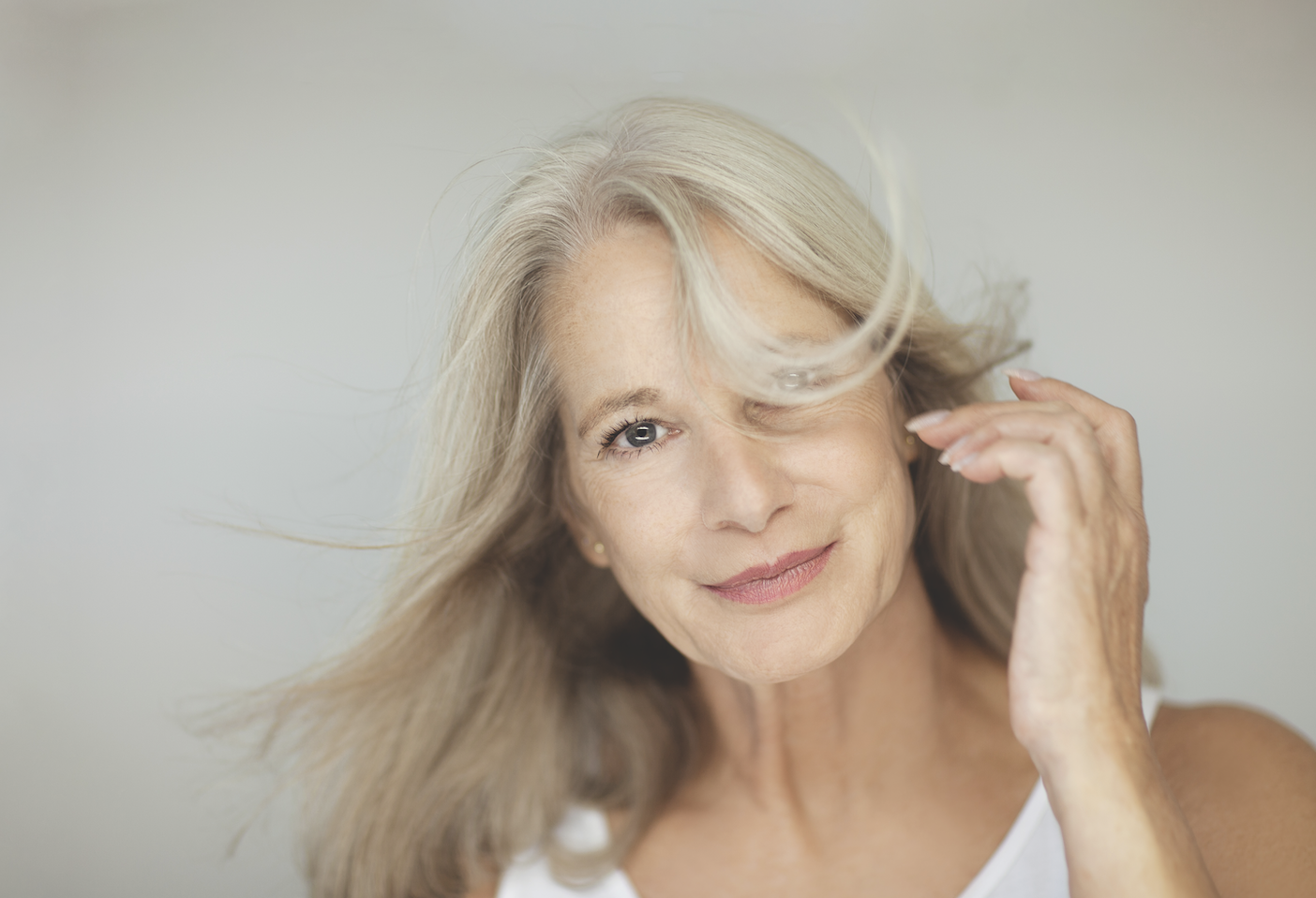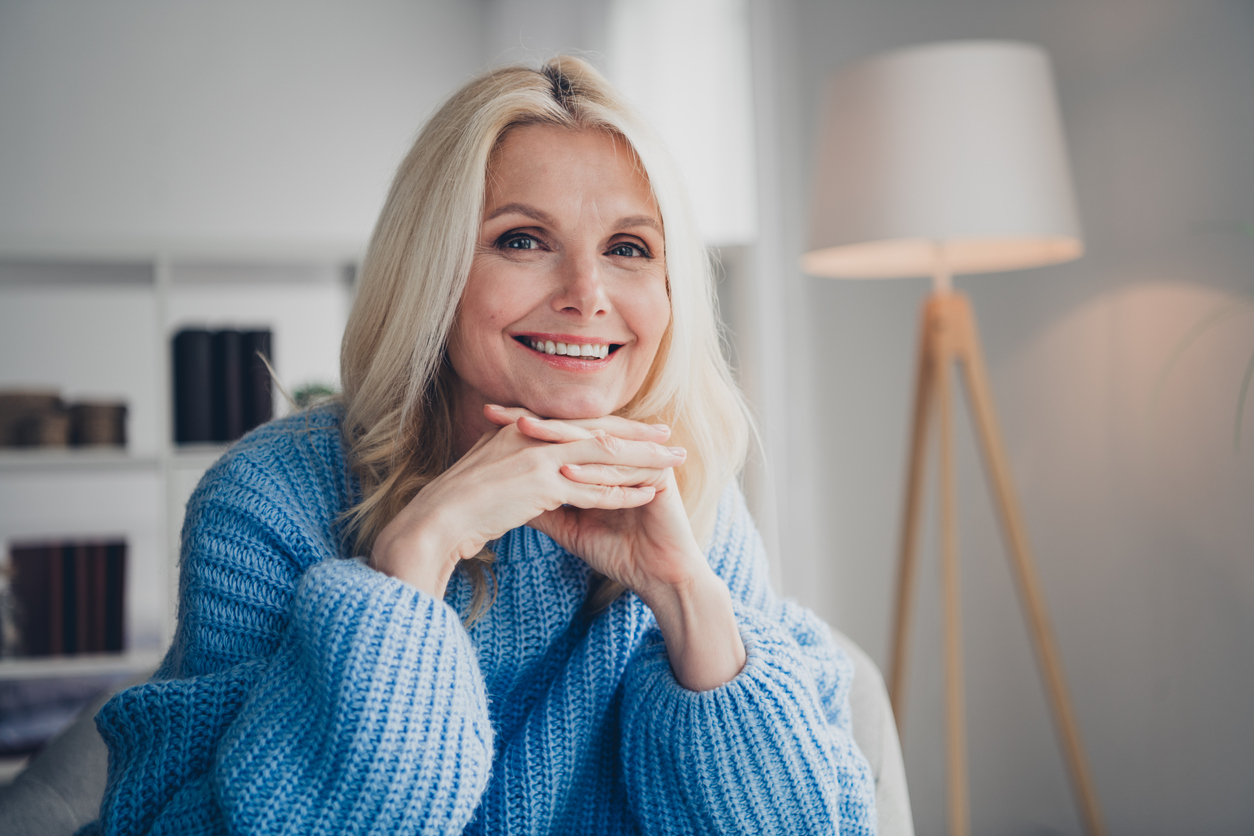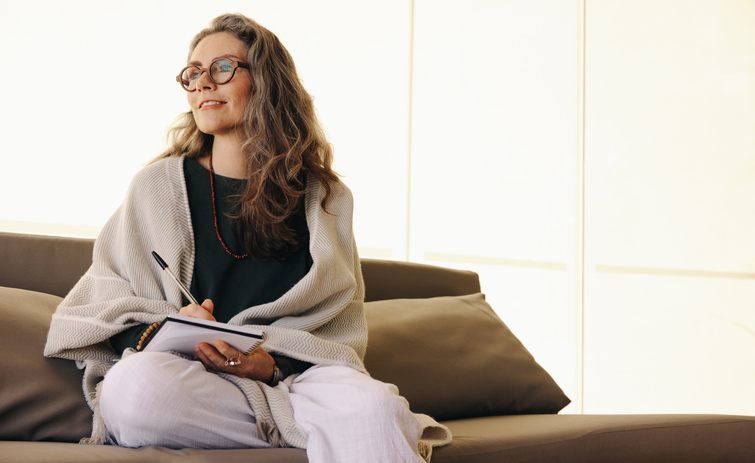By Rob Lutes
The Olympic swimmer who built the Olympic Games into a multi-billion-dollar enterprise also fought corruption within the movement and doping in sport everywhere
The longest-serving member of the International Olympic Committee (IOC), Dick Pound is a Canadian swimming champion, lawyer, and author; he was also the first president of the World Anti-Doping Agency (WADA). In 2005, Time included him among its “100 Most Influential People in the World.”
Where were you born, and where did you grow up?
I was born in St. Catharines, Ontario, in March 1942. My father, who was an engineer in the pulp and paper business, volunteered for the Air Force, but he had a fairly acute astigmatism in his eyes. So the powers that be said “You might be better off building aircraft than crashing them.” We had a couple of postings, one in Toronto, one in a place called Elora, Ontario.
After the war, he went back into the pulp and paper business in La Tuque, Quebec. Then he accepted a job in Ocean Falls, British Columbia, a little pulp and paper town north of Vancouver Island on the coast—the rain capital of the world, as far as I recall. We were there for eight years before we moved back to Quebec.
You got into competitive swimming at Ocean Falls, and you later swam at the 1960 Olympics in Rome. What do you remember about that experience?
It was my first time in Europe. I remember coming down through the clouds and looking out the window and saying “Oh, my God, there is a coliseum; there is a Vatican.” It was exciting. And as for the Games themselves, I was in the 100-metre freestyle and missed the opportunity to maybe get a medal if I’d done everything right, but I came sixth, which was better than I expected. And we came fourth in the 4 x 100 medley relay. I think I was the only Canadian to participate in two finals in Rome.
Did the Olympics earn you fame back at home?
Not really. People said “Ho hum—now get your homework done.” You achieved a lot academically in a short time: a Bachelor of Commerce at McGill University followed by a Bachelor of Arts at Sir George Williams, in addition to chartered-accountant credentials and a law degree.
I knew by the time I was 11 that I was going to be a CA, but about halfway through that program, I thought, “Maybe I need some backup.” I call it a hedge against obsolescence. So I decided I would do law as well. I wrote the CA exams in ’64 and decided I was not going to go to the Tokyo Olympics because I didn’t think having two Olympics on your CV was really important. But I did realize that I’d had a lot of volunteers officiating at my meets, so I started officiating at swimming meets. Then I became the treasurer of the Quebec section of the Canadian Amateur Swimming Association.
Practically every day, I had my lunch at the Montreal Amateur Athletic Association. I was there one day when the group that ran the Canadian Olympic Association was having lunch. One of them came over to me and said, “Young Pound.” And I said, “Yes, sir,” which is what you said in those days. He said, “You’re a chartered accountant, aren’t you?” I said, “Yes, I am.” And he said, “You’re going to be a lawyer?” I said, “Well, if I pass my bar exam.” He said, “How would you like to be the secretary of the Canadian Olympic Association?” Now, having been in university for seven or eight years, I had something really nifty to say—I said: “Gee, that would be swell. What do I have to do?” He said, “You leave that to us, young man.” So in April of 1968, I became the secretary.
That fall, we had a meeting of the board of directors to pick our candidate cities to compete for the ’76 Games—we had Vancouver for the Winter Games and Montreal for the Summer. That was decided in 1970. So there I was, 28 years old, and I’m the secretary of the host national committee for the Montreal Games.
The Games in your city…what was that like?
It was great. We had a visionary mayor in Jean Drapeau, but running a com- plicated construction project was not his forte. So they got into trouble, and the Quebec government had to take over finishing the stadium. I think if I have a forte, it’s getting things done, and after those Games, I became the president of the Canadian Olympic Association. Because we had hosted the Games, instead of Canada having only one IOC member, we were entitled to a second. And you know, it’s like the Sistine Chapel’s ceiling, where the finger of God comes out and touches you—I became Canada’s junior member on the IOC. And then things really started to accelerate.
Were you working throughout that time?
By 1976, I was well into a legal career. My specialty was income-tax law, which I really enjoy. I have flexibility— people don’t care where I am when I provide my advice.
How did your work at the IOC evolve?
Well, if I ever write a memoir, I’d have a chapter entitled “It Started With a Phone Call.” One day, Juan Antonio Samaranch, who was then IOC president, called and said, “Dick, I want you to be the chairman of the IOC Television Negotiations Committee.”
And I said, “I don’t know anything about television.” And he said, “None of us do, but it’s going to be our major source of revenue. We’ve got to understand it.” That was a huge opportunity to learn an entirely new business, meet people from all over the world, and learn about the broadcasters. I was in Montreal, not far from New York, which was the centre of the universe for television. And I was both a lawyer and a chartered accountant, I was functionally bilingual, and I wrote pretty well and quickly. So I really enjoyed it. And to give you some idea, the worldwide television rights in Montreal in 1976 were $35 million. Twenty years later, in Atlanta in 1996, they were $930 million. And now they’re north of $2 billion.
Another challenge you took on at the IOC was helping to create the World Anti-Doping Agency.
That originated following the Festina doping scandal at the Tour de France in 1998. Samaranch was in Lausanne and watching people being arrested for that scandal, and he said, “For me, that is not doping. Doping is only if you can prove that it’s dangerous to the health of the athletes,” which is, I suppose, a defensible position—except it was 180 degrees from what he’d been saying as IOC president. And he hadn’t paid attention to the fact that he had a Spanish journalist in the room with him. So the next day in whatever big Spanish newspaper is the story “IOC not concerned about doping.”
He called an emergency meeting of our executive board. When we all got there, he said, “Now what are we going to do about this?” I said: “Look, the problem is that nobody trusts anybody. You can’t rely on France or any other country to make sure their athletes are clean. What we need is an independent international organization that will do this.” That kind of resonated and led to the creation of WADA. So when we had it set up, Samaranch said to me: “Listen, I can’t be the president of this. So do you want to do it?” I said, “I don’t know anything about drugs and testing.” And he said, “Well, you’re just going to have to learn.”
You’re known for being quite candid in interviews.
I think people have to know that you’re willing to say what you know and in a way that’s accessible to them. A lot of the IOC-speak is wrapped up in unintelligible things. So one of my roles is that I’ve always been willing to say what I think, and I would say the burden of persuasion is mine—if I’m trying to persuade you that some factual matrix is what it is, my job is to take that on. And if you don’t agree, that’s up to you.
Is there one event or one experience that defines the Olympics for you?
All of the Games are special. Some are more fun than others. Some are better organized than others. But getting all of those basically young people to come together is really quite rewarding and reinforcing. And as long as that magic is still there, the Games will survive.
You’ve written books on a variety of topics, from tax law to crime to the Olympics. Is writing something you enjoy?
Yes, I’m very lucky in the sense that I’ve never had a problem facing a blank screen. One of the ways I figure things out is a kind of “memo to self,” writing out and identifying the issues, and I sort of get organized that way.
What have you learned about aging that might be helpful for someone in this period of life?
I’ve enjoyed every decade of my life. I’m not leaping over tall buildings at the moment, but I am enjoying life and its challenges. And that’s a treasure. Your experience is enormously useful to you and anyone else who may want to get your perspective. So don’t be afraid to take on a challenge. The brain is a muscle, and you have to keep using it or it gets flaccid.
Do you still play any sports?
Opinion is divided as to whether I’m a golfer. I’ve donated three knees to squash. And on the swimming side of things, people say, “Do you still swim?” and I say, “Oh yes, but only if the boat tips over.”






